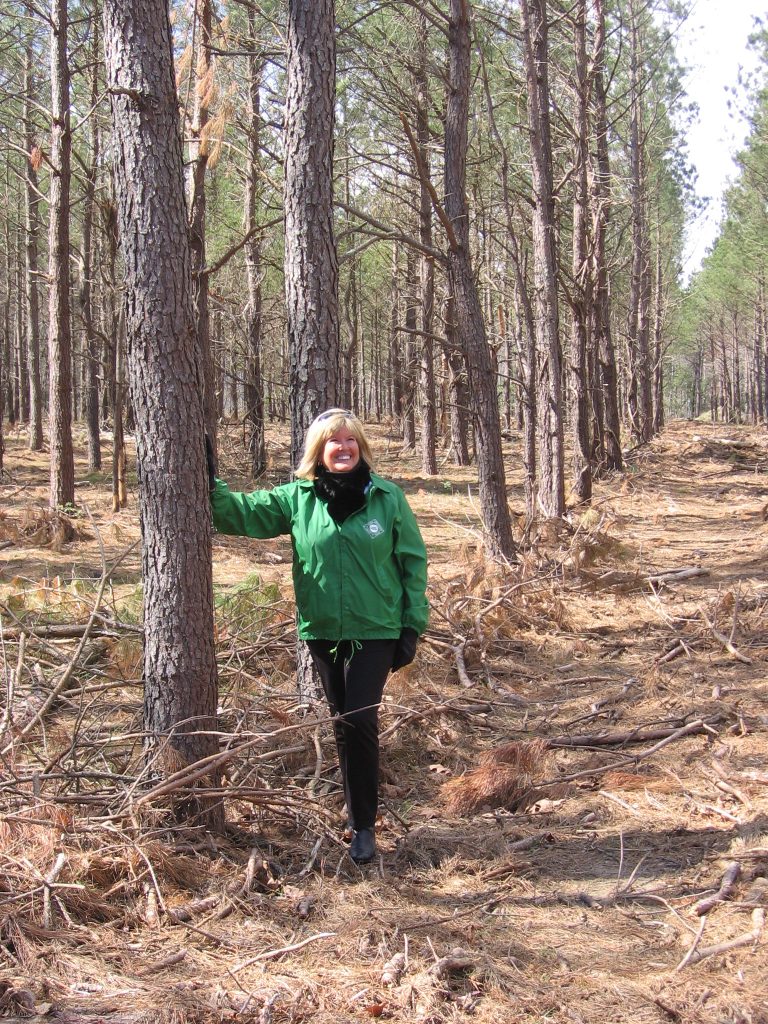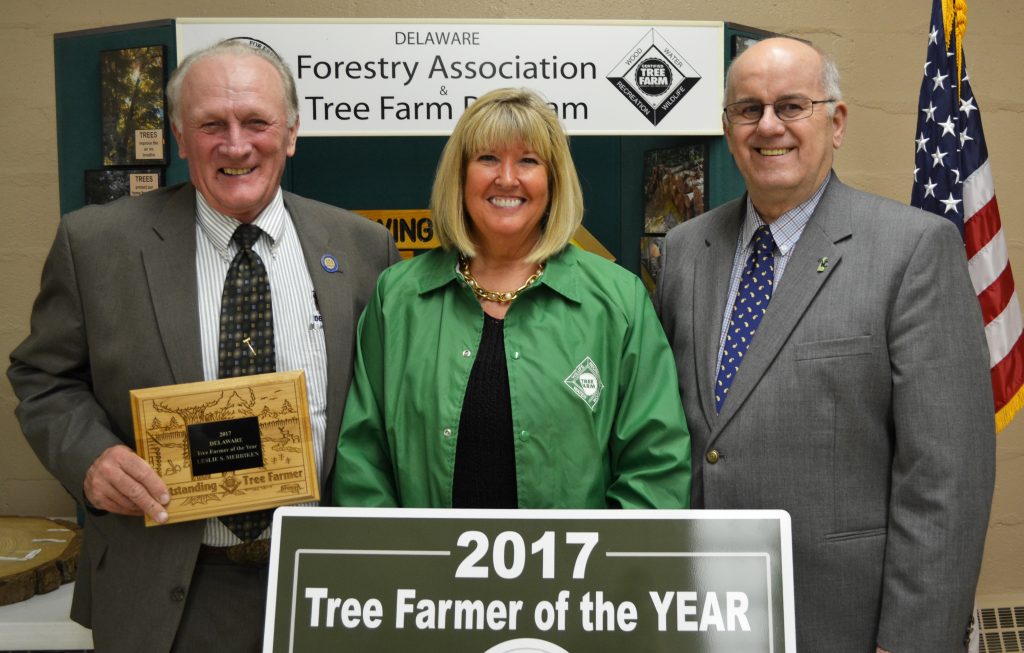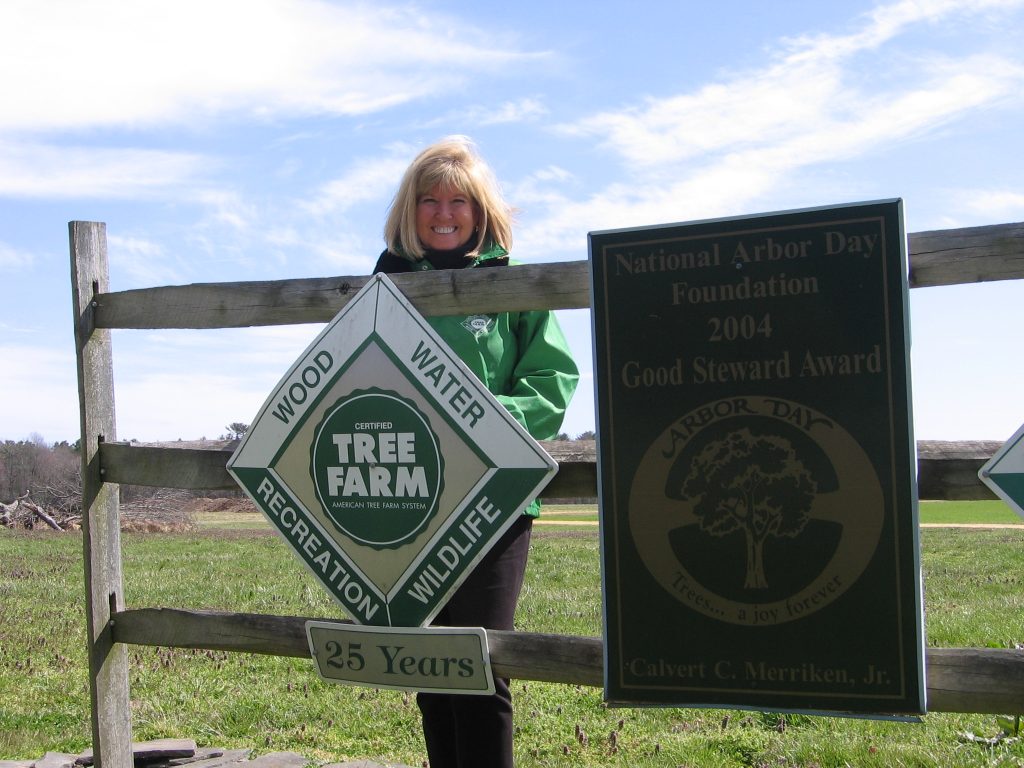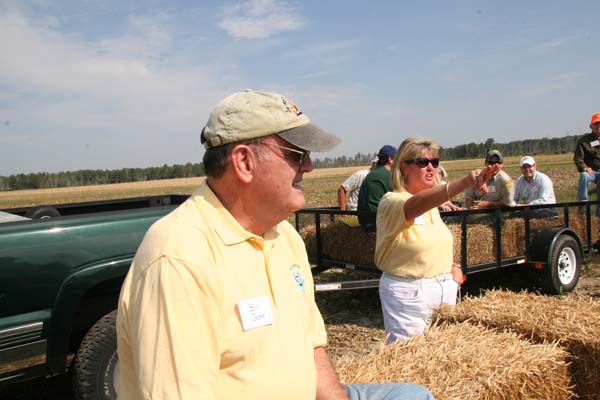State, Local and Federal Leaders Celebrate Delaware’s
$18.8 Million USDA Grant for Job Training
Program Will Bring Together Partners to Provide Education, Skills to Food Benefit Clients
WILMINGTON – Gov. Jack Markell, joined by federal, state and local leaders, praised the U.S. Department of Agriculture (USDA) today for choosing Delaware as one of 10 states to receive a federal grant to provide pragmatic job training to Delawareans who receive food benefits and have limited job skills or work experience, calling workforce development “the single-most important thing we can do.”
The Governor was joined at a noontime press conference at Wilmington’s Central Baptist Church by U.S. Sens. Tom Carper and Chris Coons, U.S. Rep. John Carney, Wilmington Mayor Dennis P. Williams, Dover Mayor Robin R. Christiansen, Department of Health and Social Services Secretary Rita Landgraf, community partners, and Audrey Rowe, administrator of USDA’s Food and Nutrition Service, which awarded the competitive grant. Central Baptist Church is home to Eastside Rising, one of the community partners in the job training program.
USDA’s Rowe said the federal agency sought out pilot programs that would increase household income and reducing reliance on public assistance programs, and that could be replicated and duplicated across the country. She praised Delaware’s “creative and forward-leaning innovation,” saying, “Delaware has an opportunity to be a nation leader.”
In March, the Delaware Department of Health and Social Services (DHSS) was awarded a three-year, $18.8 million grant to collaborate with community partners in providing employment and training services for people who receive Supplemental Nutrition Assistance Program (SNAP) benefits. Beginning in the fall, DHSS expects to serve about 1,770 individuals each year – half will receive the new specific training services and the other half will be receive existing employment training services. The USDA funded programs in the 10 states as a research project to determine the most effective ways to prepare people who receive food benefits for career paths with a higher earning potential.
“I want to thank the delegation for their support of both the Supplemental Nutrition Assistance Program and this employment and training program,” Gov. Markell said. “This public-private-nonprofit collaboration will benefit all who are involved, especially the SNAP clients who are eager to get a good-paying job.”
The employment and training program called Delaware WONDER (Work Opportunity Networks to Develop Employment Readiness) is being led by DHSS’ Division of Social Services (DSS), which administers the SNAP Program in Delaware. It will offer targeted career tracks in construction, culinary arts, manufacturing, and broad-based job placement. About 20 percent of the 150,000 Delawareans who receive food benefits will be eligible for the job training. The remaining clients are seniors, people with disabilities, children, or adults already in the workforce full time.
As part of the grant, the Division of Social Services will work with several state agencies and local partners, including the Delaware Department of Labor (DOL), the Division of Vocational Rehabilitation (DVR), the Division of Employment and Training (DET), the Delaware Department of Education (DOE), the Delaware Workforce Investment Board (DWIB), $tand By Me, Central Baptist Community Development Corporation, National Community Reinvestment Coalition, Food Bank of Delaware, Delaware Technical and Community College, Kraft Foods, and Career Team. To measure its effectiveness, Delaware’s training program will be part of a national research study conducted by Mathematica.
Delaware’s congressional delegation, which supported DHSS’ grant application, believes it will provide many benefits to Delawareans.
“This pilot project will help provide greater economic opportunities for families, while helping attract employers seeking a skilled, qualified workforce to our state,” U.S. Sen. Tom Carper said. “This is a true win-win for Delawareans and employers, which is why I supported this grant application along with Senator Coons and Congressman Carney for our state.”
“Providing strong and clear pathways for jobs that are in demand is a great way to help strengthen and broaden the middle class,” U.S. Sen. Chris Coons said. “These training programs like the one that will be piloted here in Delaware will help those who want work, get work. Thousands of Delawareans, up and down the state are looking for an opportunity to earn a living but are unprepared for the jobs that are available. This federal grant, coupled with key community partnerships, will get those folks who are ready to work, trained and into the workforce.”
“This pilot program will provide critical new opportunities for the training and support needed to transition into employment,” U.S. Rep. John Carney said. “One of my main priorities since coming to Congress has been to create ways for unemployed and underemployed Delawareans to join the workforce, so they can lift themselves up and provide for their families.”
In detailing the four tracks, DHSS Secretary Landgraf said, “What I admire about Delaware WONDER is the pragmatism behind the program.”
The employment and training program will offer intensive case management services to participants to further reduce the barriers to employment, including free one-on-one financial coaching through $tand By Me. Beginning in the fall, SNAP clients who take part in Delaware WONDER will be linked to needed community resources and will have a job readiness assessment done. From there, participants will be assigned to one of four career tracks based on aptitude and interest:
Track 1: Construction trade
Track 2: Culinary arts
Track 3: Manufacturing position
Track 4: Broad-based job placement
TRACK 1: CONSTRUCTION TRADE
The Eastside Rising project is an existing collaboration between the Central Baptist Community Development Corporation, National Community Reinvestment Coalition, Delaware Workforce Investment Board, Laborers International Union of North America Local 55, Wilmington Housing Partnership, and Habitat for Humanity created to take ownership of approximately 140-150 homes in East Wilmington and rehab them to achieve a dual goal of neighborhood revitalization and increased employment and training for disadvantaged adults in the state’s highest poverty areas. This pre-apprenticeship program is committed to serving clients with limited jobs skills and work experience, including those on probation/parole and individuals with disabilities.
Eastside Rising has committed to taking participants from the pilot as priority referrals. With the support of this grant, Eastside Rising estimates it can support up to 400 pre-apprenticeships during the three years, or about 11 pre-apprenticeships per month. Eastside Rising expects to maintain participants in paid pre-apprenticeships and transition them from one rehab project to another until permanent paid employment is found.
“This is truly a great and momentous day for the East Side,” said the Rev. Terrence Keeling, pastor of Central Baptist and a leader of Eastside Rising. “It will help us help ourselves. Wait till you see the return on your investment.”
TRACK 2: CULINARY ARTS
The Food Bank of Delaware’s Culinary School has an annual capacity of 90 individuals statewide in its state-of-the-art training facilities in Milford and Newark, and is experienced in serving high-need populations, including individuals with low incomes, ex-offenders, veterans and individuals with disabilities.
The 39-week training program – 14 weeks in the kitchen and 25 weeks of wrap-around employment support services – is recognized as a certified trade school by the Delaware Department of Education.
Through the employment and training program, the Food Bank of Delaware will double the Culinary School’s current capacity by adding 90 slots earmarked for pilot participants annually, with 45 each in Newark and Milford. Individuals who graduate from the program will be ready for full-time positions in the culinary trades. The Culinary School currently has a placement rate of 70 percent, with graduates earning starting wages of $9.50 an hour.
“Workforce development through training opportunities in the food service industry has been of real interest to us since we started our culinary training program in 2002,” Food Bank of Delaware President and CEO Patricia Beebe said. “The success stories that have resulted from our culinary training program show that these training opportunities really benefit the population that will be assisted through the SNAP Employment and Training funding. We are thrilled to be partnering with the State of Delaware on this exciting initiative that will get Delawareans back to work in industries that can provide a sustainable wage.”
TRACK 3: MANUFACTURING POSITION
This track will offer participants a 90-day trial placement in a full-time entry level production position at the Kraft Foods manufacturing plant in Dover upon successful completion of the Certified Production Technician (CPT) program through Delaware Technical Community College. The technician program is a web-based independent-learning program that consists of four individual certificate modules: Safety; Quality Practices & Measurement; Manufacturing Processes & Production; and Maintenance Awareness. Candidates must earn all four certificates to receive the full CPT certification.
Kraft Foods employs more than 400 entry-level production workers, and has committed to place as many as 60 CPT graduates per year.
Dover plant manager Justin Cressler said Kraft Foods is about “the best people, the best brands.” “We can’t wait to get started,” he said.
TRACK 4: BROAD-BASED JOB PLACEMENT
The Department of Labor’s Division of Employment and Training (DET), with the assistance of the Delaware Workforce Investment Board, operates the “one-stop” employment and training system in Delaware through four full-service offices as well as a specialty office. The electronic backbone of the system is Delaware JobLink (DJL), which served 57,000 job applicants in the last 12 months.
The Division of Employment and Training will also offer a new and unique service over and above the traditional One-Stop location offerings. This will be a bundled service package designed to provide individualized support to both work-ready and non-work ready pilot participants. Placement specialists will receive specialized training that will allow them to provide both basic education instruction and soft skills training.
Tanya Warner, a DHSS employee who is managing the grant, said she understands the opportunity that Delaware WONDER will provide.
“I remember how difficult it was,” she said as a single mother receiving food benefits 21 years ago. “I remember the stigma when I paid for my groceries with food stamps.” She said people who receive food benefits want to be connected to a job that will help to provide a safe and nurturing household that sustains them and their families. “And we’re going to do just that” through Delaware WONDER, Warner said.
-30-
For more information, contact Jill Fredel, Director of Communications, (302) 255-9047 (office)
or (302) 357-7498 (cell).
Delaware Health and Social Services is committed to improving the quality of the lives of Delaware’s citizens by promoting health and well-being, fostering self-sufficiency, and protecting vulnerable populations.
Photos from today’s press conference will be available to download on DHSS’ flickr account.



